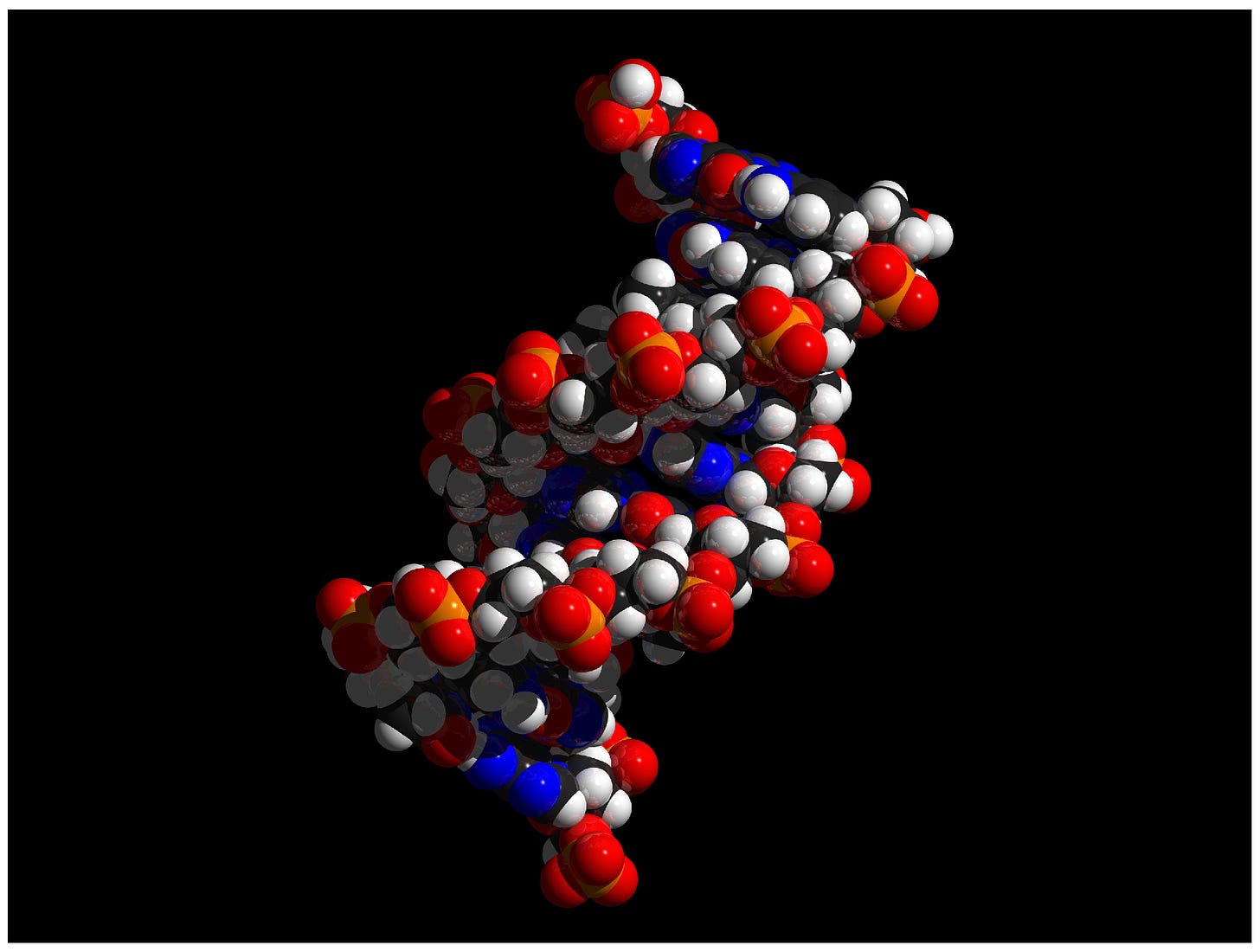Review of Schizophrenia and Genetics by Jay Joseph, Ph.D.
A century of psychiatric genetics research has failed to yield any findings that benefit the human condition in any way, nor any credible evidence for the very existence of genes for “schizophrenia” (itself a concept of dubious validity).
Jay Joseph, a clinical psychologist who has been writing on the subject for twenty-five years, delivers a powerful indictment against this “null field.” Family studies, twin studies, and adoption studies – long cited as proof of the hereditary nature of schizophrenia – prove nothing, as none of these studies adequately control for environmental variation. Linkage studies and candidate genes studies have identified literally hundreds of different “schizophrenia genes,” but not one of these claims has ever been replicated.
Genome-wide association studies – a gigantic exercise in p-hacking – have found large numbers of “statistically significant” correlations with single-nucleotide polymorphisms (SNP’s) but not a single gene for schizophrenia or any other so-called mental illness. But you would never know that from the breathless pronouncements of the legacy media, which never mention how absurdly tiny the claimed effect sizes of these genetic variants are. Moreover, even their aggregate effect – the so-called “population liability” to schizophrenia – is absurdly tiny, and, unexpectedly, as sample sizes have increased, the estimated population liability has actually dropped. Now researchers are turning their attention to “polygenic risk scores,” hoping that by aggregating even larger numbers of non-significant correlations they will come up with something.
This is madness. This is the Twenty-First Century equivalent of Medieval scholastics debating how many angels can dance on the head of a pin.
Dr. Joseph examines, in meticulous detail, how psychiatric genetics researchers have tortured the data to give the appearance of its supporting their preconceived notions. He gives special attention to the Danish Adoption Study by David Rosenthal and his colleagues, which is cited to this day as proof of the genetic basis of schizophrenia even though the results were completely negative. He also examines Dr. Rosenthal’s study of the Genain Sisters – four identical quadruplets, all of whom underwent horrendous abuse all throughout their childhoods and young adulthoods, and all of whom were diagnosed with schizophrenia in their early twenties. This study told us nothing about the supposed genetic origins of schizophrenia but spoke volumes about the blindness of psychiatric genetics researchers to the truth that was literally right before their eyes.
Billions and billions of dollars have been spent, and not a single patient in any clinic anywhere in the world has benefitted – a point psychiatric researchers themselves cheerfully acknowledge, always following up with demands for even more billions. It’s time to say enough is enough.
In the last chapter, Dr. Joseph points the way to a better future, one in which the whole concept of “schizophrenia genes” is relegated to the ash heap of history where it belongs, and one in which the complaints that fall under the diagnostic label of “schizophrenia” are regarded as perfectly understandable reactions to societal problems – poverty, violence, abuse, racism – concluding with these words of wisdom: “A world without schizophrenia genes will do just fine.”
Click here to purchase Schizophrenia and Genetics by Jay Joseph, Ph.D.



